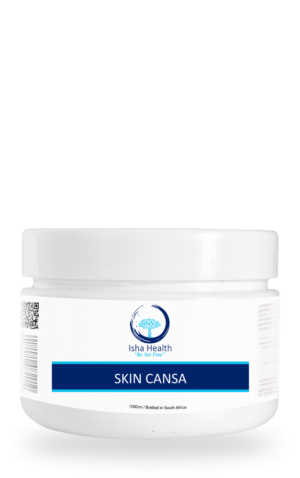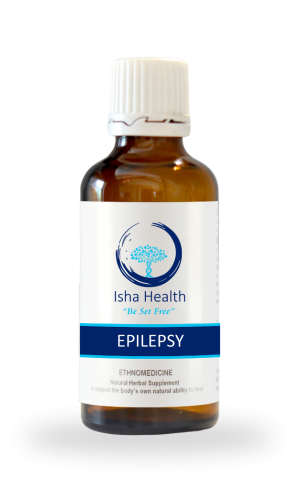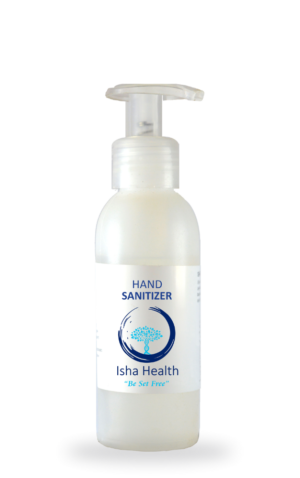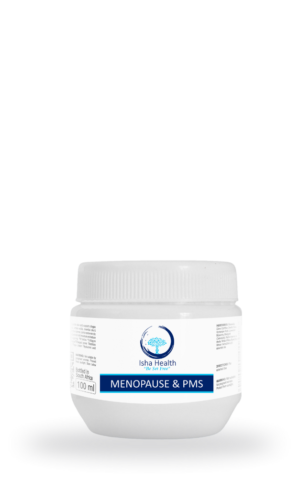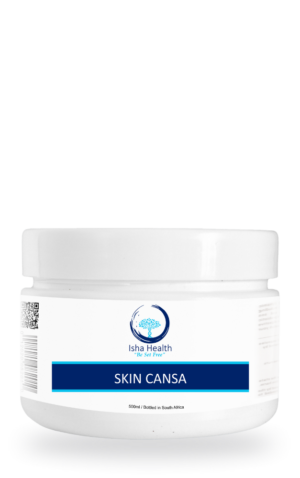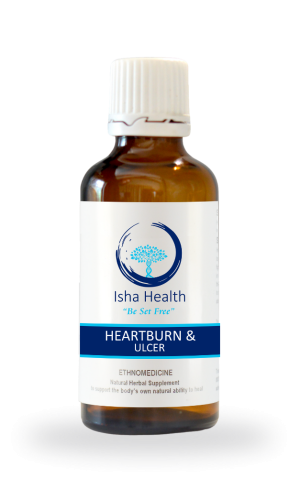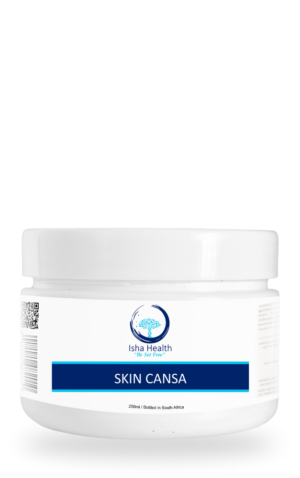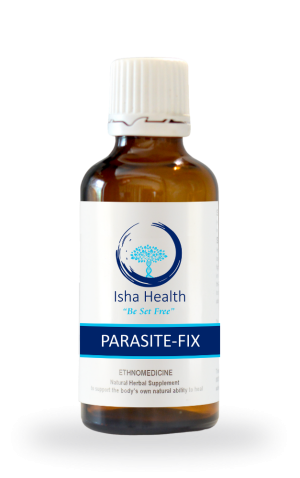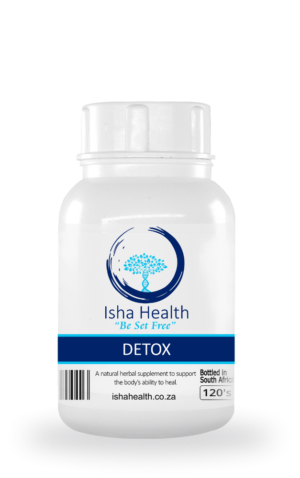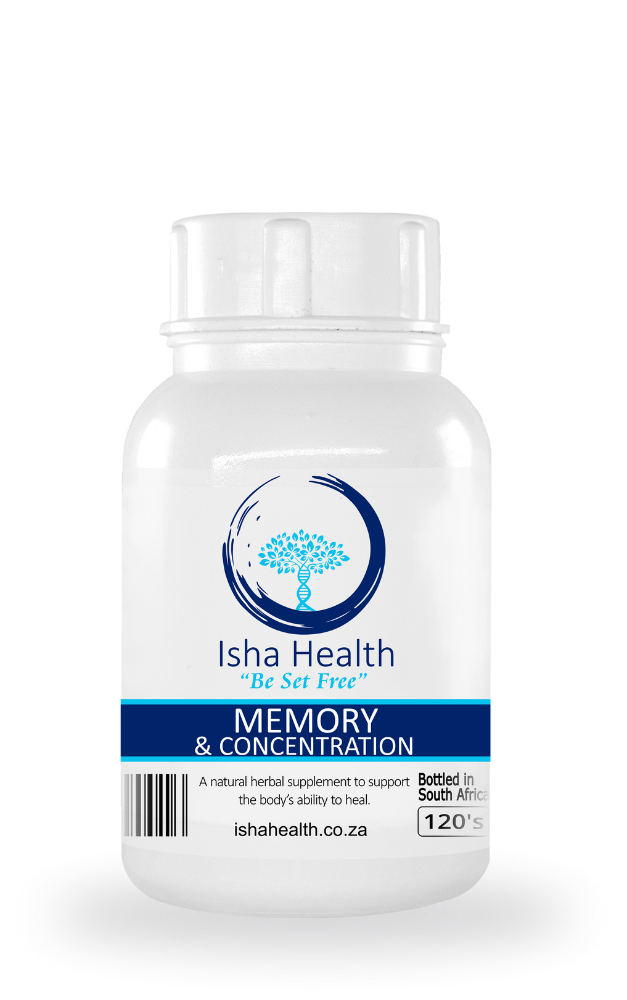
Memory & Concentration
- 3-5 working days
- Hand-Made
- Manufactured in South Africa
- 100% Natural
- 100% Herbal products
- 100% Manufacturing Guarantee
Description
Directions for Use
Ingredients
Warning
Technical Information
Our Memory & Concentration Supplement is designed to support your cognitive function naturally. It aims to enhance memory recall and concentration, providing a boost to your mental clarity and focus.
By incorporating this supplement into your routine, you may find it easier to stay alert, process information more efficiently, and maintain better overall cognitive performance.
2-4 x capsules 3x daily
20 minutes before meals.
Children over 6-12 years:
1x Capsule daily
Children over 12-16 years:
1x Capsule 2x daily according to age.
Alpha-Lipoic Acid
Bilberry
Citrus Bioflavonoids
Fenugreek
GABA, Ginkgo Billoba
Ginseng – Panax & Siberian
Guarana
L-Carnitine
Lion’s Maine Mushrooms
L-Tyrosine
Magnesium
Milk Thistle
N-Acetyl L-Cysteine
N-Acetyl-L-Carnitine
Resveratrol
Schizandra Berries
Vit B3, B6, B12, C, D3, Vit E
Wild Dagga, Zinc
Other African Herbs
Alpha-Lipoic Acid: Supports cognitive health by enhancing the body’s natural antioxidant defenses against oxidative stress and aiding in energy production.
Bilberry: Benefits memory and concentration by contributing to improved blood circulation and supporting the body’s natural defenses with its rich antioxidants.
Fenugreek: Aids enhanced mental performance and concentration with potential neuroprotective effects, supporting the body’s natural processes.
Ginkgo Biloba: Contributes to cognitive well-being by supporting blood flow and oxygen supply to the brain, aiding the body’s natural ability to maintain memory and concentration. May have positive effects on ADHD symptoms.
Ginseng: Supports overall mental health and concentration by aiding the body’s natural ability to handle stress with adaptogenic effects. May have positive effects on ADHD symptoms.
Guarana: Boosts alertness and focus through natural compounds, aligning with the body’s vitality and providing an energy boost. May offer support for ADHD by improving attention and alertness.
Lion’s Mane Mushroom: Aids cognitive health by potentially supporting nerve growth and the body’s natural regenerative processes.
L-Tyrosine: Supports neurotransmitter balance, potentially benefiting memory and concentration as a precursor to dopamine. May have positive effects on ADHD symptoms.
Milk Thistle: Indirectly contributes to cognitive health by supporting overall well-being through detoxifying properties and promoting liver health.
N-Acetyl-L-Carnitine: Contributes to improved focus and attention by supporting the body’s natural energy metabolism and communication between brain cells. May have positive effects on ADHD symptoms.
Resveratrol: Aids cognitive health by supporting the body’s natural defenses with rich antioxidants, potentially slowing cognitive decline.
Schisandra Berries: Supports cognitive health by providing protection against oxidative stress with rich antioxidants.
Vitamin B3 (Nicotinamide): Contributes to cognitive health by participating in energy metabolism, supporting overall well-being.
Vitamin B12: Supports various bodily functions, including cognitive health, as an essential nutrient for overall well-being.
Vitamin B6 (Pyridoxine): Supports various bodily functions, including cognitive health, as an essential nutrient for overall well-being.
Vitamin C: Potentially aids cognitive health by supporting the body’s natural defenses against oxidative stress with its well-known antioxidant properties.
Vitamin E Acetate: Potentially benefits cognitive health by contributing to the body’s natural defenses as an antioxidant.
Zinc: Vital for memory, learning, and overall brain function. Supports concentration and focus.
Wild Dagga: May contribute to overall well-being by supporting the body’s natural cleansing processes and possibly promoting mental clarity with its potential detoxifying properties.
Not suitable for pregnant or breastfeeding women.
People on blood thinning medication: use with care.
Protect from sunlight.
Store below 25°c.
What is Memory & Concentration?
Memory and concentration are cognitive functions related to information processing in the brain.
Memory: Memory is the ability to store, retain, and recall information. It involves the encoding, storage, and retrieval of experiences, facts, and skills. Memory can be broadly categorized into different types, including:
- Short-Term Memory: Involves the temporary storage of information for immediate use.
- Long-Term Memory: Relates to the storage of information over an extended period.
- Episodic Memory: Pertains to the recollection of specific events and experiences.
- Semantic Memory: Involves the retention of general knowledge and facts.
- Procedural Memory: Concerns the memory of skills and how to perform tasks.
Concentration: Concentration, also known as attention or focus, is the ability to direct mental effort toward a particular stimulus or task. It involves maintaining attention on a specific activity while minimizing distractions. Concentration is crucial for effective learning, problem-solving, and task completion. Factors influencing concentration include:
- Selective Attention: Focusing on a particular task while filtering out irrelevant information.
- Sustained Attention: Maintaining focus over an extended period.
- Divided Attention: Managing multiple tasks simultaneously.
Both memory and concentration are interconnected and contribute to overall cognitive function. A person with good memory can recall information efficiently, while effective concentration enables them to engage in tasks with sustained attention. Various factors, including lifestyle, nutrition, and mental health, can impact memory and concentration abilities. Strategies such as proper sleep, regular exercise, and a balanced diet can positively influence cognitive function.
Memory Processes in the Brain:
- Encoding: The process of converting sensory information into a form that can be stored in memory. This involves the hippocampus and surrounding structures. Neurotransmitters like glutamate play a role in synaptic transmission during encoding.
- Storage: After encoding, information is stored in various regions of the brain. The hippocampus is crucial for the consolidation of short-term memories into long-term memories. Long-term storage involves changes in synaptic strength, gene expression, and structural changes in neurons.
- Retrieval: Involves accessing stored information. The prefrontal cortex, hippocampus, and other brain regions collaborate during retrieval. Neurotransmitters like acetylcholine and dopamine play roles in modulating neural activity.
Concentration Processes in the Brain:
- Selective Attention: The prefrontal cortex, parietal cortex, and the thalamus play key roles in selectively attending to specific stimuli. Neurotransmitters such as norepinephrine and dopamine modulate attention and alertness.
- Sustained Attention: The prefrontal cortex, particularly the dorsolateral prefrontal cortex, is involved in sustaining attention over time. Neurotransmitters like dopamine contribute to maintaining focus and arousal.
- Divided Attention: Involves multitasking or attending to multiple stimuli simultaneously. The prefrontal cortex and parietal cortex, along with neurotransmitters like acetylcholine, play roles in divided attention.
Neurotransmitters, Hormones, and Chemicals Involved:
- Acetylcholine: Crucial for learning and memory. Released during encoding and retrieval processes. Cholinergic pathways are involved in attention and alertness.
- Dopamine: Plays a role in reward, motivation, and reinforcement. Involved in modulating attention, working memory, and learning.
- Glutamate: The primary excitatory neurotransmitter, essential for synaptic plasticity and learning.
- Norepinephrine: Involved in arousal, attention, and the fight-or-flight response. Enhances alertness and vigilance.
- Serotonin: Regulates mood and emotional states, impacting cognitive processes indirectly.
- Cortisol: Released during stress, it can impact memory retrieval negatively. Chronic elevation may have adverse effects on memory.
- Insulin: Involved in glucose metabolism, which is crucial for energy supply to the brain. Disruptions in insulin signaling may impact cognitive function.
- Brain-Derived Neurotrophic Factor (BDNF): Supports the growth and maintenance of neurons, influencing synaptic plasticity and long-term memory.
- Enzymes like Acetylcholinesterase: Breaks down acetylcholine after its release, terminating its action and allowing for precise regulation of cholinergic signaling.
These processes involve intricate interactions between neurons, neurotransmitters, hormones, and various chemicals. Hormones like cortisol and insulin, along with neurotransmitters like acetylcholine, dopamine, and glutamate, contribute to the regulation and modulation of memory and concentration processes in the brain and body. Additionally, neural plasticity, the ability of the brain to reorganize itself, plays a crucial role in learning and memory.
Memory and Concentration decline with ageing:
Memory and concentration decline can be associated with aging and various types of brain problems and degeneration. It’s important to note that cognitive decline is a complex and multifaceted phenomenon, influenced by a combination of genetic, environmental, and lifestyle factors. Here are some common aspects of memory and concentration decline associated with different conditions-
Normal Aging:
- Memory: Age-related changes in the brain, such as a reduction in the size of the hippocampus (a key region for memory), can lead to mild memory decline. This often involves difficulties with recalling names, details, or recent events.
- Concentration: Older adults may experience challenges in sustaining attention and multitasking.
Alzheimer’s Disease:
- Memory: Alzheimer’s disease is characterized by the progressive loss of memory, particularly in the formation of new memories. Individuals may have difficulty remembering recent conversations, names, and events.
- Concentration: Concentration and the ability to focus on complex tasks deteriorate as the disease progresses.
Vascular Dementia:
- Memory: Vascular dementia is caused by impaired blood flow to the brain. Memory loss can be more patchy and less severe compared to Alzheimer’s disease, but it still affects daily functioning.
- Concentration: Problems with attention, planning, and decision-making are common in vascular dementia.
Lewy Body Dementia:
- Memory: Memory impairment is a feature of Lewy body dementia, but it may not be as prominent as in Alzheimer’s disease.
- Concentration: Individuals may experience fluctuations in attention and alertness, as well as problems with visual-spatial skills.
Frontotemporal Dementia:
- Memory:Frontotemporal dementia often affects personality and behavior more than memory, especially in the early stages.
- Concentration: Changes in executive function, including difficulties with planning, organization, and multitasking, are common.
Mild Cognitive Impairment (MCI):
- Memory: MCI involves noticeable memory problems that are greater than expected for a person’s age but not severe enough to interfere significantly with daily life.
- Concentration: Concentration difficulties may be present but are not as pronounced as in more advanced stages of dementia.
Other Conditions:
- Depression and Anxiety: Mental health conditions can contribute to cognitive difficulties, including problems with memory and concentration.
- Chronic Medical Conditions: Conditions such as diabetes, cardiovascular disease, and sleep disorders can impact cognitive function.
It’s crucial to emphasize that cognitive decline is not inevitable with aging, and maintaining a healthy lifestyle, engaging in cognitive activities, and managing underlying health conditions can help mitigate some of these effects.
What is ADHD?
ADHD is often associated with a range of related problems and comorbidities, which may include:
- Learning Disorders: Children with ADHD may also have difficulties with specific academic skills, such as reading, writing, or mathematics.
- Behavioural Disorders: Oppositional Defiant Disorder (ODD) and Conduct Disorder (CD) are common comorbidities, characterized by defiant, aggressive, or antisocial behaviours.
- Mood Disorders: ADHD is associated with an increased risk of mood disorders, such as depression and bipolar disorder.
- Anxiety Disorders: Individuals with ADHD may experience heightened levels of anxiety, especially in situations that require sustained attention and focus.
- Sleep Disorders: Difficulties with sleep, including insomnia and restless sleep, are more prevalent in individuals with ADHD.
- Executive Functioning Deficits: ADHD often involves challenges with executive functions, which include skills like planning, organization, time management, and impulse control.
- Social Difficulties: Children and adults with ADHD may have trouble maintaining relationships due to impulsive behavior, difficulty following social cues, and challenges with communication.
- Substance Use Disorders: Adolescents and adults with ADHD are at an increased risk of engaging in substance abuse.
It’s important to note that each individual with ADHD is unique, and the severity and combination of symptoms can vary.
Autism Spectrum Disorder (ASD):
Autism Spectrum Disorder (ASD) is a complex neurodevelopmental condition characterized by persistent challenges in social communication and interaction, as well as restricted and repetitive patterns of behavior, interests, or activities. Autism is considered a “spectrum” because it encompasses a wide range of symptoms and functional abilities, and individuals with ASD can present with diverse strengths and difficulties.
Key Features of Autism:
Social Communication Challenges:
- Impaired Social Interaction: Individuals with autism often have difficulties in developing and maintaining relationships. They may struggle with understanding social cues, such as facial expressions, body language, and gestures.
- Difficulty with Reciprocal Communication: Some individuals with ASD may have challenges engaging in back-and-forth conversations and understanding the give-and-take of social interactions.
Restricted and Repetitive Behaviours:
- Stereotyped or Repetitive Movements: This can include hand-flapping, body rocking, or other unusual motor behaviours.
- Insistence on Sameness: Many individuals with ASD may have a strong preference for routines and rituals. Changes in routines can be distressing for them.
Sensory Sensitivities:
- Heightened or Reduced Sensory Sensitivities: Individuals with autism may be hyperresponsive or hyporesponsive to sensory stimuli. This can manifest as extreme reactions to sounds, lights, textures, or smells.
Communication Challenges:
- Language Delay or Impairment: Some individuals with ASD may experience delays in the development of spoken language, while others may have more subtle challenges with pragmatic language skills (the use of language in social contexts).
- Nonverbal Communication: Difficulty with nonverbal communication, such as gestures and facial expressions, is common.
Special Interests and Intense Focus:
- Narrow and Intense Interests: Individuals with ASD often develop highly focused interests in specific topics or objects.
- Repetitive Play: Play activities may involve repetitive or stereotyped behaviours.
How Autism Works:
Neurological Basis:
- Brain Structure and Function: Research has identified structural and functional differences in the brains of individuals with ASD. These differences may involve altered connectivity between brain regions, changes in the size of certain brain areas (e.g., amygdala, frontal cortex), and atypical patterns of neural activation.
Genetic Factors:
- Genetic Contributions: There is a strong genetic component to autism, and various genetic factors have been associated with an increased risk of developing ASD. However, it’s important to note that not all individuals with autism have a known genetic predisposition, and environmental factors also play a role.
Early Brain Development:
- Prenatal and Early Postnatal Factors: Disruptions in early brain development, both prenatally and in the early postnatal period, may contribute to the development of ASD. Factors such as prenatal exposure to certain substances, complications during birth, and genetic mutations can influence brain development.
Heterogeneity of Presentation:
- Individual Differences: Autism is highly heterogeneous, meaning that the presentation of symptoms can vary widely among individuals. Some individuals may have significant intellectual and language impairments, while others may have average or above-average intelligence. The presence of co-occurring conditions, such as intellectual disabilities or attention difficulties, further contributes to this variability.
Interaction of Factors:
-
- Complex Interplay: The development of autism is likely the result of a complex interplay of genetic, neurological, and environmental factors. The way these factors interact during critical periods of brain development may influence the manifestation of autism in an individual.
Understanding the intricacies of autism is an ongoing challenge for researchers, and the field is continually evolving. It’s important to approach autism with a recognition of individual strengths, challenges, and unique characteristics.
Leaky Gut , Leaky Brain, Memory problems and brain fog!
- Blood-Brain Barrier (BBB) and Normal Function: The BBB is a protective barrier that regulates the passage of substances from the bloodstream into the brain. It plays a crucial role in maintaining a stable environment for proper brain function by preventing the entry of potentially harmful substances.
- Leaky Brain and Increased Permeability: In conditions associated with a leaky brain, the integrity of the BBB is compromised, leading to increased permeability. This increased permeability allows substances, such as inflammatory molecules, toxins, and immune cells, to enter the brain more easily.
- Inflammation and Neuroinflammation: The entry of these substances into the brain can trigger an inflammatory response within the central nervous system, a phenomenon known as neuroinflammation. Neuroinflammation is associated with the release of inflammatory mediators and oxidative stress, which can negatively impact the structure and function of brain cells.
- Impact on Neural Structures: Chronic neuroinflammation can affect the integrity of neural structures, including neurons and synapses. Disruption of these structures can impair the communication between brain cells, leading to difficulties in various cognitive functions, including memory.
- Memory and Cognitive Impairment: The hippocampus, a region in the brain crucial for memory formation and consolidation, is particularly sensitive to inflammation and oxidative stress. Inflammation and structural changes in the hippocampus may contribute to memory problems and other cognitive impairments.
- Association with Neurological Disorders: Some studies suggest that a leaky brain and associated neuroinflammation may be implicated in various neurological disorders, including neurodegenerative diseases and certain psychiatric conditions. In these disorders, the chronic inflammatory environment and structural changes can contribute to progressive cognitive decline.
It’s important to note that the concept of a leaky brain and its specific role in cognitive function is still being explored, and individual responses may vary. While there is evidence supporting the association between increased blood-brain barrier permeability, neuroinflammation, and cognitive issues, more research is needed to understand the precise mechanisms and causative relationships
Ingredients which are traditionally used for this disorder
Technical info-Alpha-Lipoic Acid: Alpha-lipoic acid acts as a potent antioxidant, protecting neurons from oxidative stress and degenerative diseases. It plays a crucial role in mitochondrial function, enhancing energy production. This, in turn, supports cognitive processes and memory.
Ashwagandha: Withanolide-A, isolated from Ashwagandha root, promotes neurite regeneration and synapse reconstruction. It increases acetylcholine receptor capacity, improving cognitive function and memory. The herb also exhibits adaptogenic properties, supporting the body’s response to stress, which can impact cognitive health.
Bilberry: Contains anthocyanosides, which strengthen the blood-brain barrier, arterial walls, and veins. This helps improve blood circulation, benefiting memory and concentration. The herb’s antioxidant properties contribute to cognitive health.
Fenugreek: Demonstrates neuroprotective effects, guarding against neurotoxicity. May prevent the formation of carboxyl-terminal neurofibrillary tangles, enhancing overall mental performance and concentration. The herb’s impact on brain function involves micro-vessels and neurofibrillary tangles.
Ginkgo Biloba: Contains flavonoids and terpenoids, contributing to its antioxidant and anti-inflammatory properties. Addresses cerebral vascular insufficiency, enhancing blood flow and oxygen supply to the brain. This, in turn, supports memory, concentration, and cognitive function.
Ginseng – Panax: Contains ginsenosides, exhibiting neuroprotective effects. Improves neurological health, memory, and concentration. Benefits extend to addressing venous deficiency and preventing cognitive impairment.
Ginseng – Siberian: Contains eleutherosides, contributing to its neuroprotective effects. Supports overall mental health, memory, and concentration. Adaptogenic properties help the body cope with stress, positively impacting cognitive function.
Guarana: Active ingredient, caffeine, contributes to improved memory and increased blood flow to the brain. Stimulating effects provide an energy boost, supporting cognitive alertness and focus.
Lemon Balm: Contains flavonoids, which contribute to its memory-enhancing properties. Soothing effects on nerves may positively impact concentration and cognitive function.
Lion’s Mane Mushroom: Contains hericenones and erinacines, promoting nerve growth factor (NGF) production. Stimulates nerve function regrowth, supporting memory and cognitive function. The mushroom’s neuroprotective effects extend to treating neurodegenerative diseases.
L – Tyrosine: Precursor to dopamine synthesis, enhancing neurotransmitter levels. Positively impacts memory, motor skills, and concentration. In ADHD, the supplement may help address dopamine-related deficits.
Milk Thistle: Silymarin in milk thistle contributes to its detoxifying properties, aiding in mercury detoxification. The herb’s liver-cleansing effects may indirectly support cognitive function by promoting overall metabolic health.
N-Acetyl-L-Carnitine: Contributes to mitochondrial health, optimizing energy metabolism. Acts as a neurotransmitter precursor, facilitating communication between neurons. In ADHD, its role in modulating neurotransmitter levels may enhance focus and attention.
Peppermint: Aromatic compounds may have a mild stimulating effect, supporting memory and overall brain function. Calming effects can positively influence concentration.
Resveratrol: Found in red grapes and other sources, reduces inflammation and supports cognitive function by restoring the blood-brain barrier. Neuroprotective properties extend to removing toxic proteins and inhibiting brain aging processes.
Rhodiola Rosea: Contains salidroside and rosavin, exhibiting adaptogenic and anti-mutagenic properties. These compounds enhance immunity, exercise capacity, and support memory and concentration. The herb’s anti-depressant effects may positively impact cognitive function.
Schisandra Berries: Contain lignans, contributing to their antioxidant properties. Fortifies mitochondrial antioxidant status, supporting memory and reading comprehension. Provides therapeutic effects against oxidative neuronal damage.
Turmeric: Key compound curcumin exhibits anti-inflammatory and antioxidant properties. Plays a role in warding off dementia and supporting memory and overall brain function.
Valerian: Contains valerenic acid, which exerts calming effects. These effects may help manage ADHD symptoms and support memory and learning by promoting a calm mental state.
Vitamin B12: Supports memory and overall brain health by participating in the synthesis of neurotransmitters and myelin. Plays a crucial role in neurological function.
Vitamin B3 (Nicotinamide): Nicotinamide, a form of vitamin B3, fuels optimal brain function by participating in energy metabolism. Supports memory and concentration.
Vitamin B6 (Pyridoxine): A form of vitamin B6, supports neurotransmitter production, promoting clear thinking, memory, and concentration.
Vitamin C (Ascorbic Acid Powder): Acts as an antioxidant, guarding the brain from damage. Overall well-being support includes benefits for memory and concentration.
Vitamin D3 (Cholecalciferol): A form of vitamin D3, supports cognitive health and function. Plays a role in maintaining overall neurological well-being.
Vitamin E Acetate: Protects the brain by acting as an antioxidant. Neuroprotective effects contribute to long-lasting cognitive wellness, supporting memory and concentration.
Wild Dagga: Facilitates detoxification, promoting mental clarity, and aiding concentration.
Zinc: Vital for memory, learning, and overall brain function. Supports concentration and focus.

